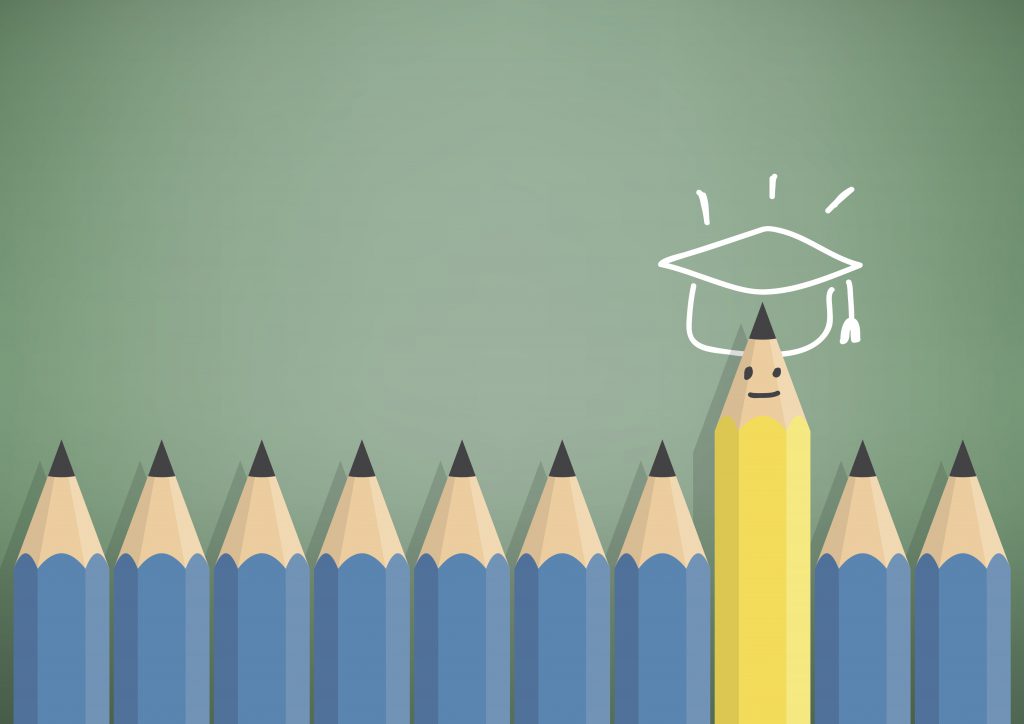How to Learn What Not to Study

There’s nothing worse in the world of academics than getting back a test you felt really confident about, only to realize you had seriously misjudged your grasp of the material. New research published in Psychological Science suggests that the best way to avoid overestimating your abilities is to reflect on what you’ve learned in the past rather than trying to guess at how you’ll perform in the future.
Further research may be needed before these findings are “exam-worthy,” but coauthor Alison Robey, a PhD student at the University of Maryland, says that making retrospective confidence judgements (RCJ) of learning may help students identify what they don’t need to study.
In two studies, Robey and coauthors measured students’ ability to judge their own learning by having a total of 346 participants memorize sets of word pairs.
Participants were asked to recall the missing half of a target pair within each set before being assigned to one of three metacognitive conditions. Those in the RCJ group rated how confident they felt about each response, those in the judgment of learning (JOL) group rated how likely they would be to recall the pair in the future, and those in the no-judgment condition simply selected a random number.
At this point, all participants were asked if they would like to restudy the pair, though they weren’t actually given an opportunity to do so before being asked to recall them again.
While the recall of those in the RCJ group wasn’t noticeably better than that of their peers, Robey and coauthors note that RCJ students were “overwhelmingly” better at judging whether or not they needed to restudy a pair. This suggests that taking a RCJ approach to studying may help students spend less time reviewing materials they’ve already learned, the authors wrote.
“It is important for students to evaluate their knowledge when making restudy decisions, and this early work suggest the current state of knowledge is the most important aspect,” Robey says.
These findings raise two important questions about effective study habits. On the one hand, Robey says, future research might focus on whether or not restudying material after making a RCJ improves recall. Additional study is also needed to determine if this technique extends to more complex educational materials.
References
Robey, A. M., Dougherty, M. R., & Buttaccio, D. R. (2017). Making retrospective confidence judgments improves learners’ ability to decide what not to study. Psychological Science, 28, 1683-1693. doi:10.1177/0956797617718800




APS regularly opens certain online articles for discussion on our website. Effective February 2021, you must be a logged-in APS member to post comments. By posting a comment, you agree to our Community Guidelines and the display of your profile information, including your name and affiliation. Any opinions, findings, conclusions, or recommendations present in article comments are those of the writers and do not necessarily reflect the views of APS or the article’s author. For more information, please see our Community Guidelines.
Please login with your APS account to comment.